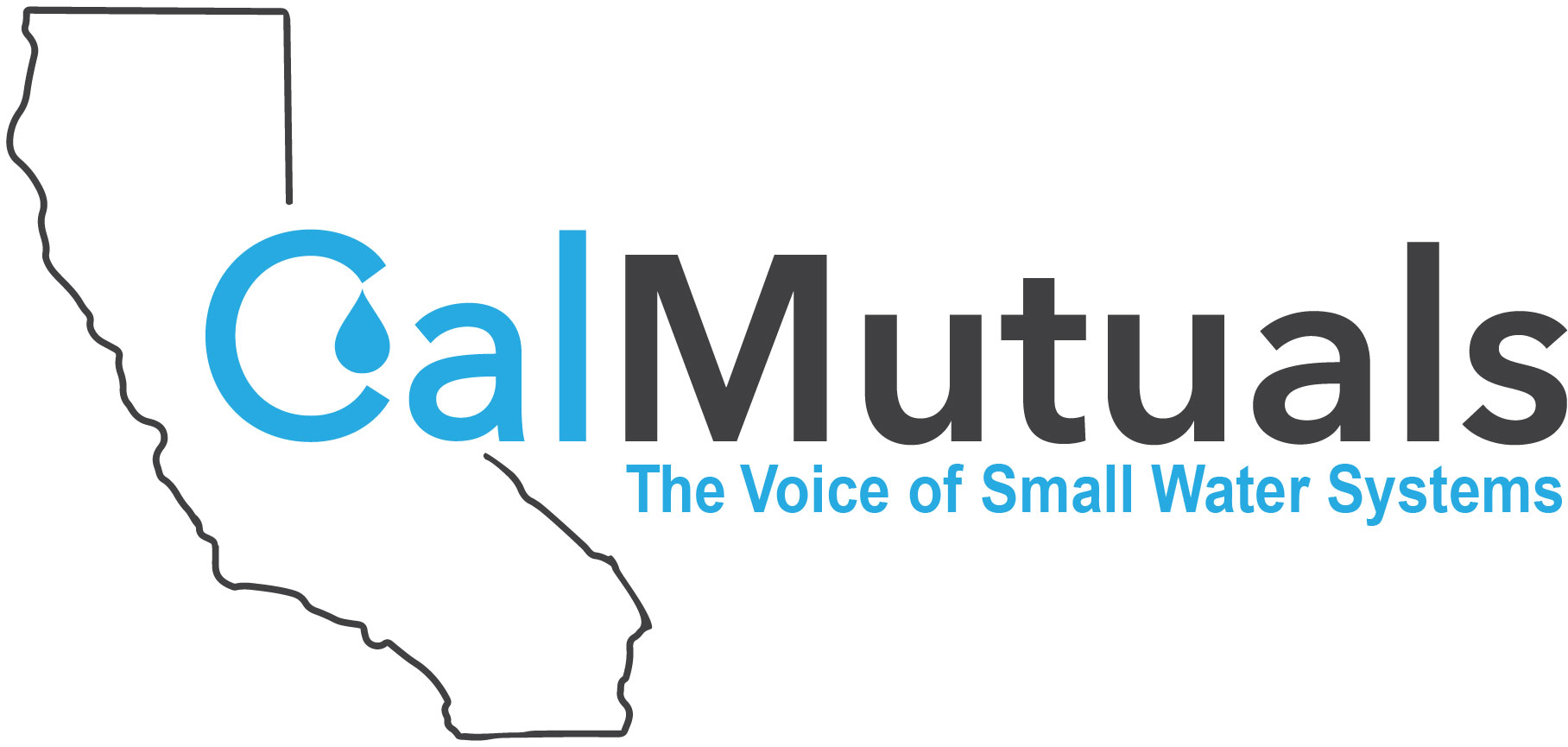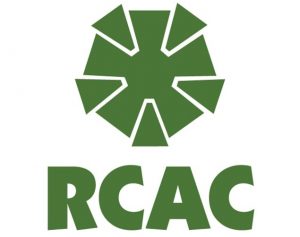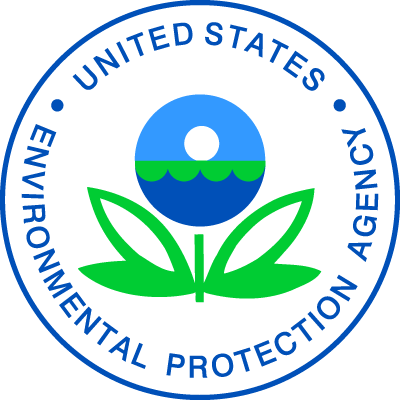2 CA Drinking Water Contact Hours awarded. This course Distribution System Essentials Workshop is now offered as an online two-part series, and is recommended to take both parts on the same day. Part 1 will take place from 10:00am to 12:00pm and Part 2 will take place from 2:00pm to 4:00pm. Please follow the link below to register. Please click here if you would like to register for part 2. This class is designed to provide information and tools that operators of small water systems need for proper operation and management of distribution systems, with particular focus on maintaining water quality, avoiding water loss, and maintenance of critical components. Many maintenance activities require advanced knowledge of not only valve and piping operations but also proper scheduled preventative programs in order to dependably deliver safe drinking water. These activities, when practiced as part of a routine maintenance plan, will help small systems to optimize their water supply in a sustainable manner. Participants will learn: • Leak detection & pipeline repair processes • Main flushing guidelines • Valve exercising and valve maintenance • Meter checking and replacement programs For registration questions, contact us at: registration@rcac.org• (916) 447-9832 ext. 1429


